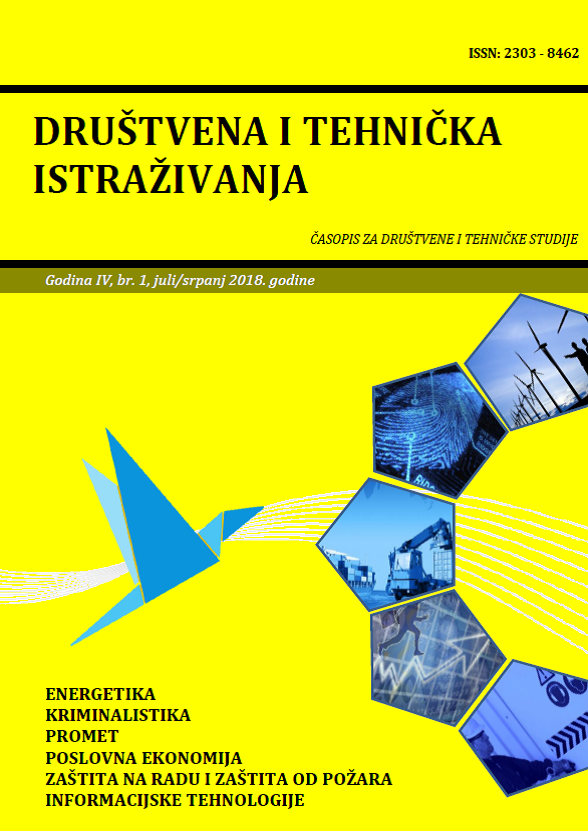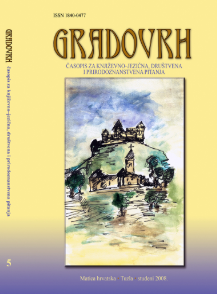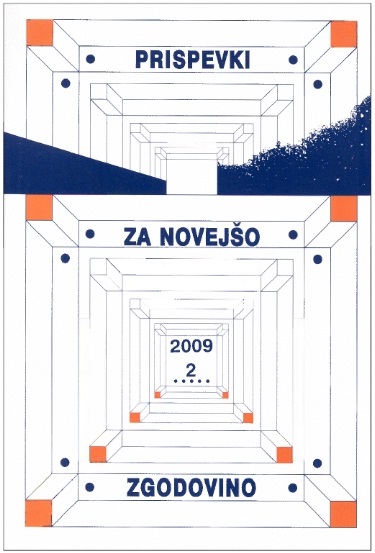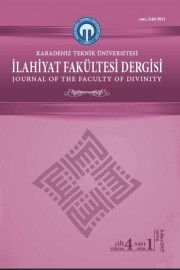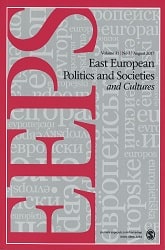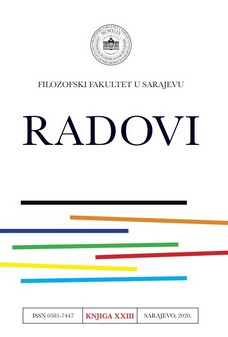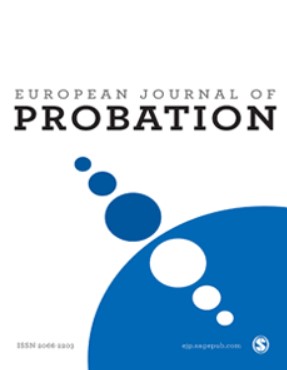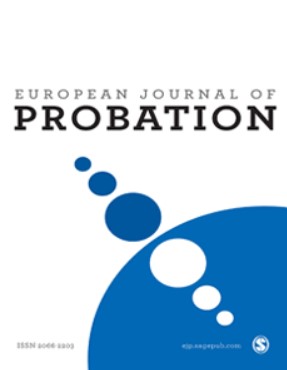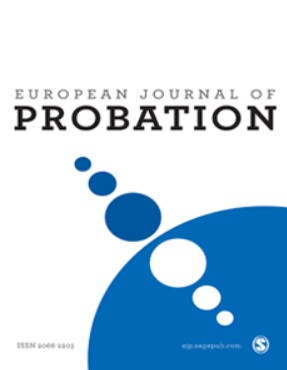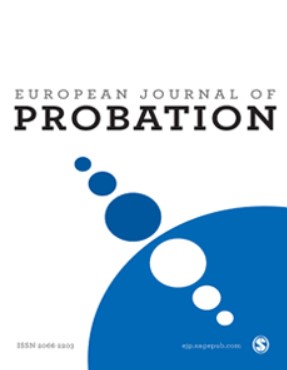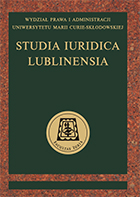
„Zaprzysięganie na śmierć” w praktyce sądu miejskiego z Krzemieńca w XVIII w.
Before Poland was partitioned, there had been different laws for each group of society. Gentry, townspeople and peasants had their own laws. In the gentry law (land law) there was a rule that the accused could not be sentenced to death if the private accuser with several other people did not swear that the accused deserves death penalty. The practice of such a swearing existed until 1768. Current researches indicated the lack of such a rule in a municipal law. However, in the city of Krzemieniec in Wołyń the practice was different. Local municipal court required the oath of a claimant in most criminal cases. It is possible to suppose that it was an example of imitating the land law by the municipal law. We do not know if it was an only example of such a practice or whether there were similar situations in other cities of eastern Republic of Poland. This problem requires further researches.
More...
